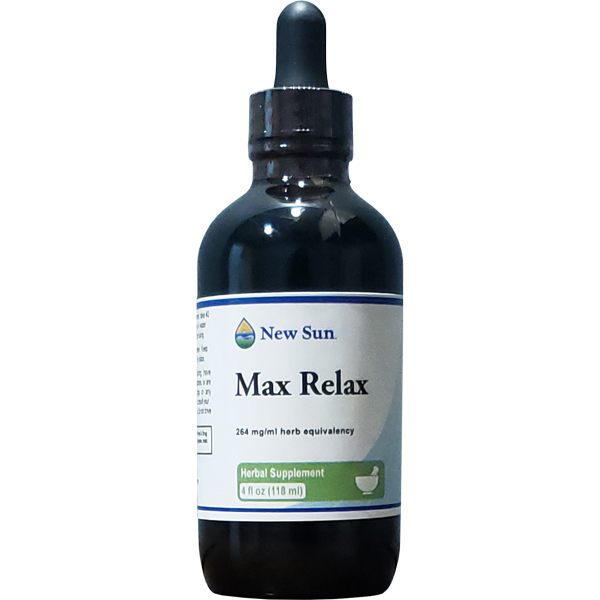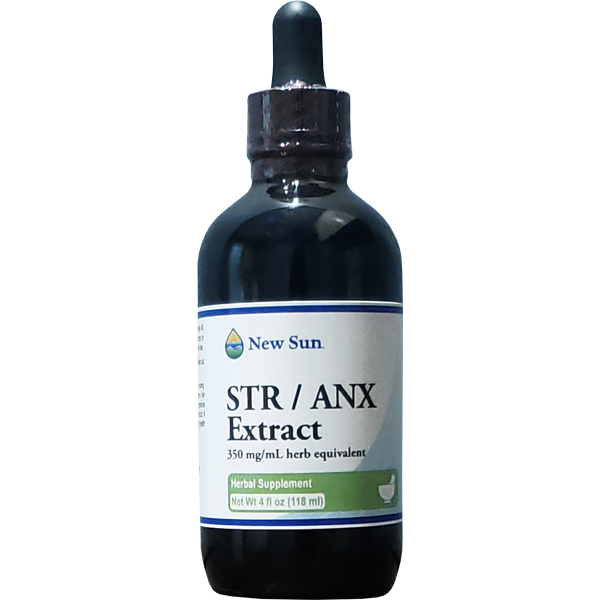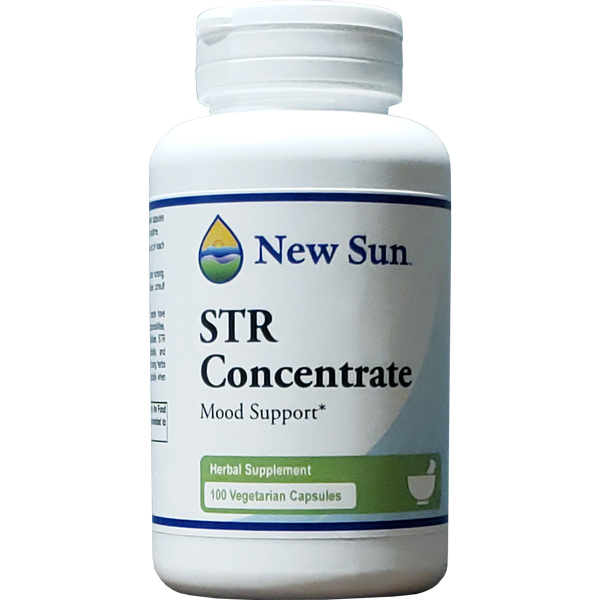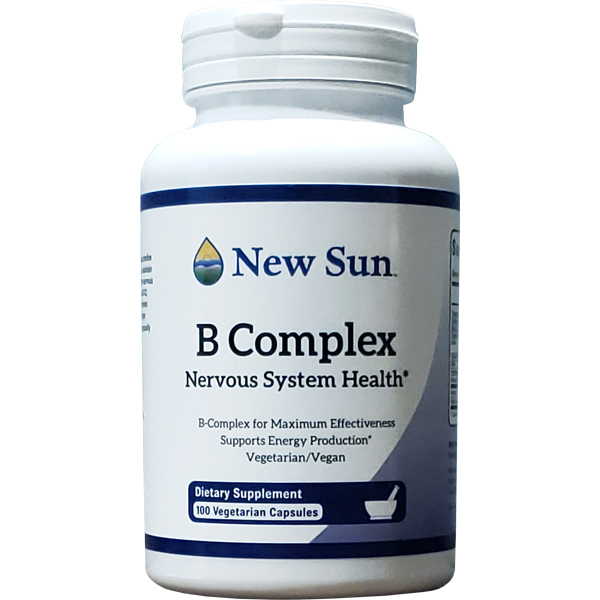 Ahhh-choo! Think allergy season was over when spring ended? Think again! Many of us suffer from allergies in the fall, particularly from ragweed pollen, which is one of the most common weed allergies. If you’re already starting to cough, sneeze, and get itchy, watery eyes, it’s time to take action. Fortunately, there are many healthy, natural ways to combat allergies without ingesting the chemicals and preservatives often found in many OTC medications.
Ahhh-choo! Think allergy season was over when spring ended? Think again! Many of us suffer from allergies in the fall, particularly from ragweed pollen, which is one of the most common weed allergies. If you’re already starting to cough, sneeze, and get itchy, watery eyes, it’s time to take action. Fortunately, there are many healthy, natural ways to combat allergies without ingesting the chemicals and preservatives often found in many OTC medications.
Fight allergies with food
Studies have shown that certain foods help reduce inflammation, histamine levels, and other allergy symptoms. Eat foods with these natural allergy remedies built right in!
Foods high in Vitamin C and bioflavonoids. Vitamin C helps reduce histamines, while bioflavonoids contain nutrients that combat inflammation and allergens. Choose oranges (eat the flesh as well as the white stuff on the rind and the pith), dark colored berries, purple grapes, red and green bell peppers, broccoli, onions, and green tea.
Foods that contain quercetin. Quercetin is a flavonoid (a plant pigment), and has antioxidant and anti-inflammatory properties; it will help you breather easier. Foods with this pigment include apples, onions, berries, and red wine (yay!). Buckwheat tea is a great source of quercetin. Bonus: this flavonoid may also control blood sugar, kill cancer cells, and help prevent heart disease.
Foods high in Omega 3s. Salmon and other oily fish, such as mackerel and tuna, are rich in Omega-3 fatty acids, which have natural anti-inflammatory effects and boost the immune system.
Fruits and veggies with Lycopene. Any food that’s red or pink contains lycopene, such as tomatoes, grapefruit, watermelon, and red cabbage. Lycopene contains anti-oxidants, which have been shown to help reduce inflammation. Your body absorbs lycopene more easily when it’s cooked, so eat tomatoes in spaghetti sauce, or put your grapefruit on the grill!
Tip: Eat organic, locally grown foods whenever possible.
Stock up on herbs and supplements
You can’t always get all the nutrients you need from food alone. Adding herbs and supplements to your diet can help boost the vitamins and minerals you need to fight allergies.
• Omega 3. In addition to eating the fatty fishes mentioned above, take Omega-3 as a supplement to help fight inflammation and boost the immune system.
• Fenugreek. Fenugreek is an herb similar to clover that is native to the Mediterranean region, southern Europe, and western Asia. Drink it as a tea to loosen phlegm and alleviate coughing and sneezing. Bonus: It smells and tastes like maple syrup! You can buy bags of it in health food stores, or use the whole seeds (about 1 tsp) in a strainer to make your own tea.
• Thyme. This common garden herb acts as an expectorant and antimicrobial; it’s helpful for cough and congestion. Use 1-2 tsp fresh thyme to make your own tea, or buy it in health food stores.
• Ginger, Cayenne Pepper, and Black Pepper. These spicy herbs will clear out mucus. Mix them into honey for a little treat and eat it up for fast relief!
• Nettles. Stinging nettle is a natural antihistamine; it helps with itchy and watery eyes. It’s also high in vitamin A and C. You can take it in capsule form, or drink it as a tea.
• Spirulina. Phycocyanin gives spirulina its blue-green color, which fights free radicals and contains powerful antioxidant and anti-inflammatory properties. Whip up this Mermaid Smoothie Bowl made with spirulina for a delicious and nutritious breakfast or snack.
• Bee Pollen. Bee pollen controls histamine, helping to alleviate itchy eyes and nasal congestion. It’s important to start taking bee pollen gradually; take only a few granules each day for a month, then slowly increase the amount every day until you’re taking a one teaspoon a day. Continue to slowly increase over the next two to three months until you’re taking three teaspoons a day. If you consume too much bee pollen at once, you could get hives, upset stomach, or even an allergic reaction, which is exactly what you’re trying to avoid! If you have any insect allergies, especially to bees, do not take bee pollen.
Tip: Choose natural, high-quality, third-party tested herbs and supplements — don’t add chemicals, preservatives, fillers, or artificial binders to your body!
Add essential oils
Essential oils are a great way to soothe the body and relieve allergies. Try these out to help with cough, congestion, and other allergy-related annoyances.
Lavender. Lavender relieves congestion; it acts as a natural antihistamine and reduces inflammation and congestion in nasal passages. Add a drop or two to a handkerchief and sniff every few minutes during an allergy flare up.
Eucalyptus. Eucalyptus provides a cooling sensation, which is just what you need when experiencing swollen eyes and nose. It helps reduce inflammation and congestion. Diffuse eucalyptus oil, spray it in the air, or apply it directly to your skin. (Be sure to apply using a carrier oil or a lotion.)
Ginger. This spicy oil helps clear the respiratory tract and also works well as an anti-inflammatory. Use in a diffuser, or in a steam bath for your head. (See “More Ways to Alleviate Allergies” below for instructions on making a steam bath.)
Peppermint. This essential oil is a fantastic decongestant. Add a few drops to a hot bath and enjoy a soak!
Tip: Look for essential oils that are natural, free of synthetic ingredients, have few or no harmful side effects and are tested for purity.
More Ways to Alleviate Allergies
• Shut the windows.
• Wash your hands and face and change clothes – even take a shower – immediately upon returning indoors.
• Wear a mask when you go outdoors. (One thing you’re probably already doing these days!)
• Do a nasal rinse using a netti pot or nasal bulb.
• Stay hydrated. Drink plenty of water to help thin mucus. Or sip on hot tea, broth or soup – the steam will help clear sinus passages.
• Avoid harsh cleaners for your home — make your own all-natural home cleaners to avoid irritating your sinuses.
• Make a steam bath for your head: Heat a bowl of water (not too hot), then drape a towel over your head and lean over the bowl to trap steam. Inhale deeply. (Add a few drops of any of the essential oils listed above for added benefits.)
• Men – shave your mustache and beard! Pollen can get trapped in the hair on your face. If you’re opposed to a close, clean shave, shampoo your hair as soon as you come in from outdoors.
• It goes without saying, but we’ll say it anyway: DON’T SMOKE.
Allergy season is no fun, but New Sun is here to help you through! Our products are always of the highest quality, have been third-party tested, and contain nothing artificial. Our friendly, knowledgeable staff is available to answer your questions by phone or through our website. Contact us today, and find out more about how you can fight fall allergies, naturally!




